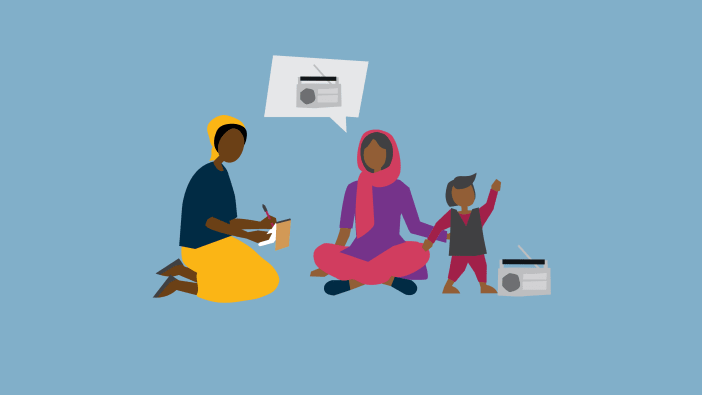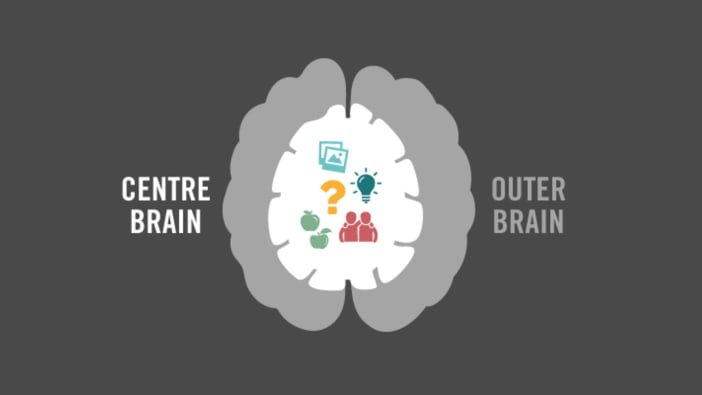- Do get your facts right. There is nothing worse than giving people wrong or misleading information – for example, about how HIV/AIDS can be transmitted.
- Do be aware that the effectiveness of theatre will depend on the confidence and abilities of the producers and actors.
- Do watch what is being said and done in your organisation’s name – theatre can often reach very wide audiences!
- Do be aware that the cost of developing and performing theatre using professional performers can be high.
- Don’t just use theatre to tell your community what to do or how to behave – if you are only telling, you are not listening!
- Don’t try to include too much – theatre which covers too many issues may just confuse people.
- Don’t expect to change attitudes or behaviour with just one performance – it is a slow and careful process which takes time, respect and encouragement.
- Don’t try to influence the emotions or fears of the audience to achieve your own purpose.
Child protection
Cultural activities are often seen as fun and free of risk. Sadly, there are cases where child abusers have used them to gain access to children. It is very important to ensure child protection in cultural projects and provide adequate management and monitoring.
If you have any queries or concerns, there is a brochure available called Setting the Standard. This provides very practical guidelines to organisations to make sure that children are protected. A free copy is available from:
People In Aid, Regents Wharf, 8 All Saints Street, London, N1 9RL, UK E-mail: [email protected] It can also be downloaded from the publications section of: www.peopleinaid.org









